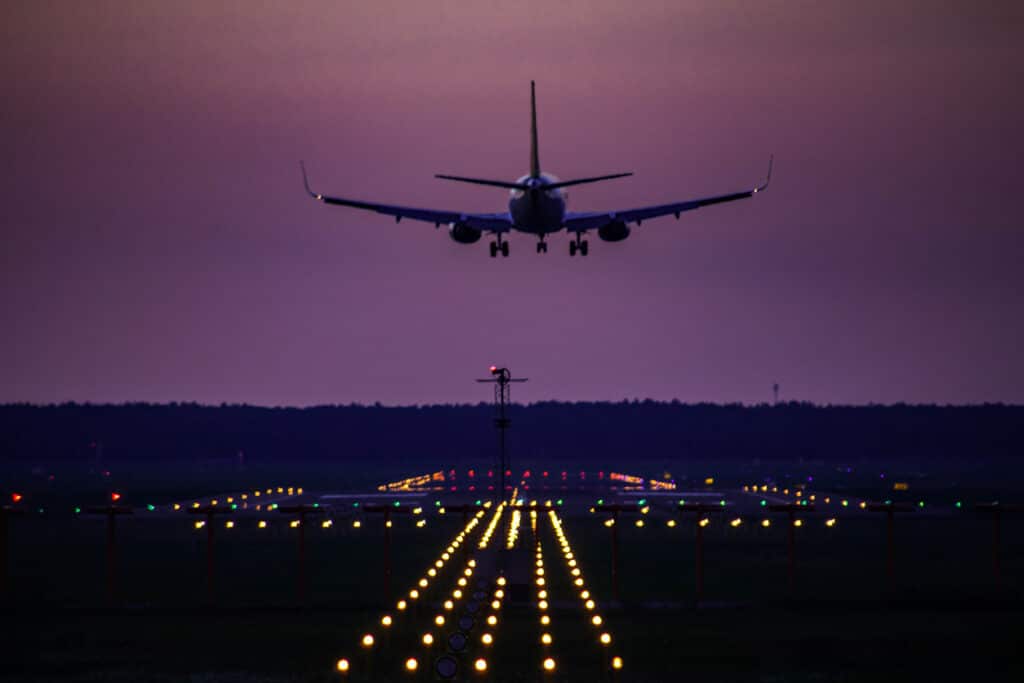On December 13, the U.S. Senate Committee on Commerce, Science, and Transportation released a report detailing allegations made by seven whistleblowers from within the aerospace industry. The whistleblowers, who include a Boeing senior engineer and a Federal Aviation Administration (FAA) engineer, claim that there are fundamental problems with safety oversight in the aerospace industry.
Many of the allegations concern the Boeing 737 MAX, the plane involved in two fatal crashes in 2018 and 2019. Since those tragedies, multiple whistleblowers, including former Boeing senior manager Ed Pierson, spoke to the Senate Committee about safety shortcomings at both Boeing and the FAA. These concerns helped shape the FAA Accountability Enhancement Act, a bill passed in December 2020 to provide significant enhancements to accountability, safety, and whistleblower protection within the aviation industry. The newly released Senate whistleblower report details how problems identified following the 737 MAX crashes continue to persist.
In the report, whistleblowers allege that the FAA’s certification process of airplanes, including the 737 MAX, was weakened by “undue pressure on line engineers and
production staff.” For example, the report claims that there were “scheduling pressures on production staff in the Boeing 787 program, which led to quality issues in the supply chain—problems that still persist. Boeing production staff experienced ‘relentless’ schedule pressure in the 737 MAX program as well, raising safety concerns.”
The Senate whistleblower report further alleges that “[l]ine engineers with specific technical expertise were not listened to during the certification process for the 737 MAX and 787 programs.” “For example,” the report states, “Dr. Bickeboeller, a senior engineer at Boeing, stressed that his warnings of such supply chain non-compliances as part of the 787 project were still not adequately addressed by Boeing or the FAA. At the FAA, senior engineers who raised safety concerns were sidelined during the 737 MAX certification.”
The report also details allegations that the Boeing oversight office in Seattle lacks enough safety engineers. According to the report, “FAA has failed to provide a sufficient number of safety engineers to the FAA office in Seattle overseeing the Boeing Organization Designation Authorization (‘ODA’)…In February 2021, the Department of Transportation Office of Inspector General (‘DOT OIG’) findings showed the FAA office in Seattle has been chronically understaffed with only 25 engineers and technical project managers to oversee approximately 1,500 Boeing engineers who act on behalf of FAA.”
Other allegations in the report include claims that “FAA certification processes do not require compliance with latest airworthiness standards,” “FAA’s strong oversight eroded under the ODA program,” and “FAA and industry struggle with technical engineering capacity necessary for complex aircraft systems.”
In the report, the Senate Committee highlights the key role of whistleblowers in aviation safety oversight. “Whistleblowers perform a critical public service by exposing wrongdoing in the government and private sector. Here, seven individuals—all of whom have agreed to be identified in this report—contacted the Committee to convey their experiences and recommendations regarding the aircraft safety and certification environment at the FAA and within the industry. These seven individuals have a diverse range of experience in the U.S. aircraft certification ecosystem, with technical expertise from the FAA, engineering experience at Boeing and GE, and other direct knowledge of aviation production, management, safety, and compliance processes.”
After detailing the whistleblowers’ allegations, the Committee report outlines a number of recommendations for improving aviation safety. These include “strengthen FAA direct oversight of the ODA program,” “take measures to address undue pressure at Boeing ODA,” “ensure sufficient FAA technical and engineering capacity for safety oversight,” “limit delegation to industry until human factors assumptions are validated,” “require that manufacturers adopt formal safety management systems with root cause analysis followed by corrective action,” “measure and improve FAA safety culture for frontline staff,” and “mandate integrated aircraft safety analysis of designs.”
In related news, recent reporting revealed that a FAA investigation into whistleblowers’ safety concerns at Blue Origin was hindered by the lack of whistleblower protections for “employees of commercial space companies.”
Read:
The Senate Aviation Safety Whistleblower Report
Crisis Of Leadership: Boeing Whistleblower Says 737 MAXs Still Aren’t Safe
